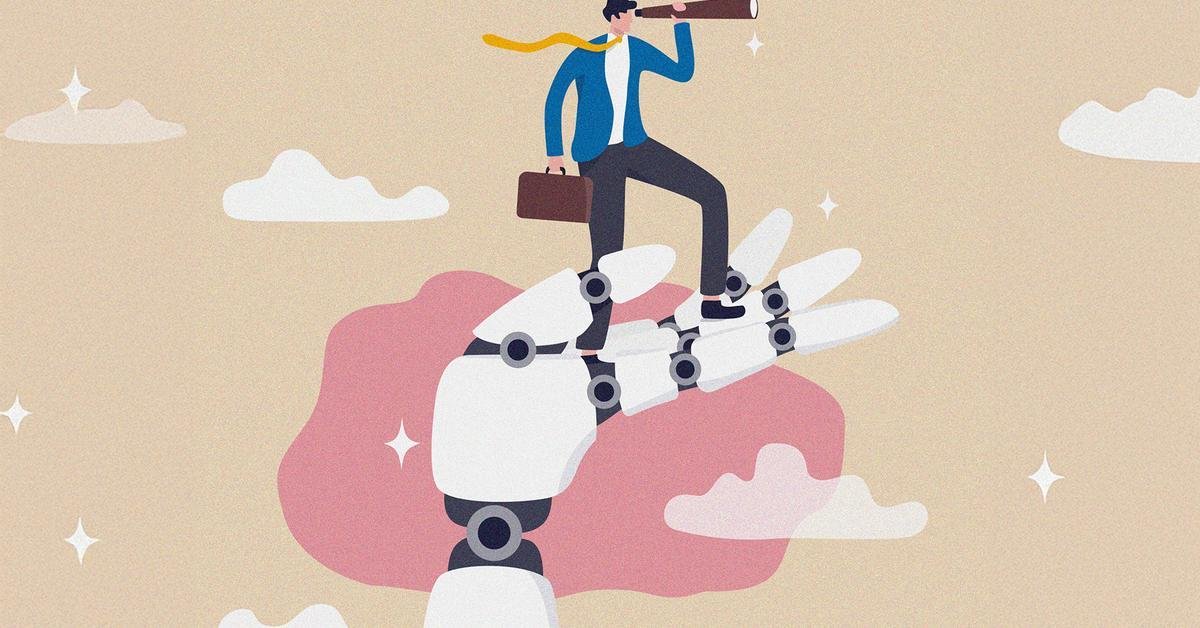The world of travel is no stranger to the AI technological revolution, and not only because of the use companies like Iberia have made of it to achieve more sustainable and efficient flights. AI has already been incorporated into an experience that many people experience with anguish: planning summer trips. Whether through an agency or in pajamas at home, planning involves making a long list of decisions that aren’t always easy and that often require speed inversely proportional to the amount of money available. Now it seems that AI has decided that the only decision to make is which of the many existing applications—ChatGPT, Gemini, Grok, Guidegeek, or Layla, among others—we want to use.
The appearance of layla.ai It’s similar to a WhatsApp chat. All you have to do is write your trip idea in the box and click the send button to receive a proposal. For example: “Plan a trip with friends.” Or better yet: “Plan a trip with friends for the weekend of August 30th-31st. We’re five people, between the ages of 24 and 29. We live in Barcelona and have a car available. We want to go to the beach and have a party without disturbing anyone. Maximum budget: €150 per person for the entire trip.”
Users of these technologies often face a dilemma: the more information they provide, the better answers they receive, but in exchange they offer details of their lives to companies that, in some cases, will use this data to train their systems. “The approach I would follow is to provide the minimum amount of personal information,” recommends Josep Curto, an artificial intelligence specialist and professor at the UOC. “But if we want more detailed information, there are applications, such as ChatGPT, that offer the ability to log in and delete chats. This way, we can reap the benefits while protecting our privacy.”
Layla’s response to the request takes just a few seconds to arrive: after asking a couple of questions to clarify our wishes (like the Costa Brava or Costa Dorada, a rural house or a campsite), Layla makes a suggestion. “This trip to the Costa Brava combines the beach, a party at a rural house with a pool, and a tight budget, all just a couple of hours’ drive from Barcelona.” And that’s when the paywall appears. But they offer a three-day free trial, which ARA has taken advantage of.
Layla has listed ten accommodations in various locations on the Costa Brava, the first of which has a “match” With our “90%” plan: a pool, two double beds, a sofa bed, and a terrace, it recommends a beach, a restaurant for dinner, and a bar for breakfast that fit your budget. The app also provides a link to Booking.com to pay for the apartment, and the option to send (with a fee) the plan in PDF format to friends.
But young people earning the minimum wage aren’t Layla’s typical customers. “Our most frequent users are middle- or upper-middle-class families who want to travel to several cities,” explains Saad Saeed, CEO and co-founder of Layla. “Younger people are more spontaneous and flexible. It’s different when we’re talking about a mother with three children. That’s where the complexity begins and where we seek maximum planning.” Saeed denies that companies like his, and AI in general, have come to supplant humans. “Personal validation is still important. We all take into account the recommendations made by family and friends.”
“Tourism is the most human economic sector,” says Natalia Bayona, Executive Director of the World Tourism Organization (UNWTO). Among Africans, tourism currently accounts for 1% of global investment in artificial intelligence, which is expected to reach $360 billion by the end of 2025. “Artificial intelligence can generate greater efficiency: better management of traveler flows, greater personalization of offers, immediate translations for guides…”
Likewise, the UNWTO believes it is necessary to regulate its use to prevent malpractice. This is not only to prevent the improper handling of user data, but also the illegitimate use of celebrities for sponsorship or the creation of images that do not correspond to reality.
A common concern is how algorithms will affect geographies already strained by tourism. “If AI only gives visibility to popular destinations, leaving aside lesser-known but high-value offerings, it could reinforce territorial inequalities,” warns Ainhoa Carballido, director of the Master’s in Tourism Business Management at the CETT Barcelona School of Tourism, Hospitality, and Gastronomy – University of Barcelona. She also emphasizes the benefits it could bring, especially in a “mature destination” like Catalonia: “Predictive systems can help avoid overcrowding in specific locations or adapt tourism promotion to emerging demand, with a more sustainable and efficient approach.”
The fact that Layla sent us to the Costa Brava doesn’t mean the company ignores the problem of overcrowding. “Overtourism is a problem,” says Layla’s co-founder. Saeed argues that AI could facilitate the creation of a system that shows each city’s tourist capacity and its current status before booking. “If tourists received a notification alerting them that the city they want to visit is at 90% capacity, but the city next door, which is also fantastic, is only at 30%, many would change their destination.” He assures that they are working with several governments, including the Spanish government, to find solutions.
However, we must remember that artificial intelligence makes mistakes. Layla has assured us that the restaurant she recommends, in Llafranc, is “close” to Cala Montgó, an hour’s drive away, and it is not uncommon for it to send users to visit buildings and museums undergoing renovations. “These systems are designed to provide answers,” recalls Curto, the AI specialist. “They respond based on the pattern they detect in the data. Since the renovations aren’t part of a strong pattern, the system doesn’t identify it.” The solution, according to Curto, is simple. “Common sense. Don’t believe that, because it responded correctly once, there’s no need to validate the information anymore. Always check the original source. And, as with everything in life, do something like Dr. House: don’t believe anything by default.”





































You must be logged in to post a comment Login